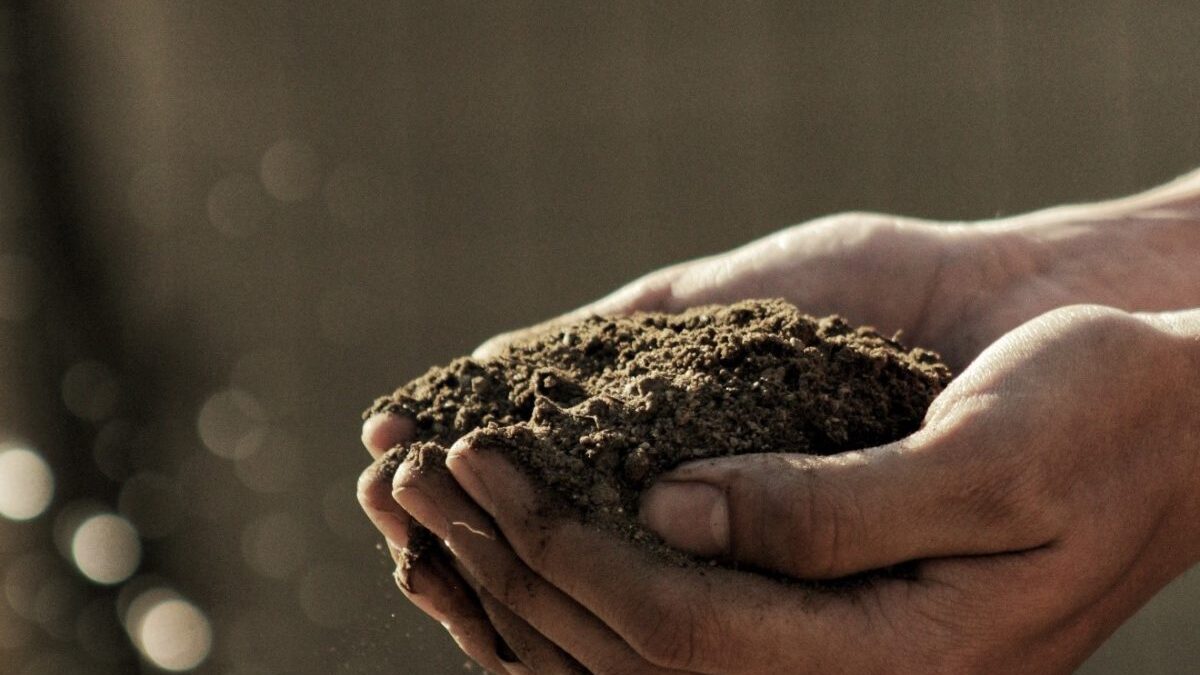If you Google “food waste,” you’ll receive 22.8 million hits. Is this just another food trend, or is it here to stay?
According to a 2012 report by the Natural Resources Defense Council, up to 40 percent (or 1.3 billion tons) of the food in the United States ends up in a landfill. That uneaten food is equal to $165 billion. The 2016 documentary “Wasted,” produced by Anthony Bourdain, aims to expose how food waste directly contributes to climate change.
As research continues to emerge on the negative impact food waste has on the climate, here are three ways you can help reduce your footprint:
Ugly Fruits and Vegetables Need Love Too
Due to retailers and consumers strict cosmetic expectations, misshapen produce is often thrown out. A San Francisco-based delivery company called Imperfect and Cleveland-based company called Perfectly Imperfect are trying to change how consumers feel about so-called ugly produce and prevent it from ending up in a landfill. Though both companies have limited distribution reach, the conversation is going national. Also, many hope this trend will help provide the more than 48 million Americans who struggle with hunger greater access to fresh food.
Use the Whole Food
The best way to reduce food waste is to use the whole food. Leave skin on veggies like potatoes and cucumbers. Incorporate vegetable and meat scraps, and bones into stocks, sauces and gravies. Store large batches in freezer safe containers.
Compost: The Future of Recycling
When you think of composting, you likely have an image of a family living in the woods or on a small farm. But the reality is composting is catching on in big cities. From Austin to New York City you can find private and public composting programs. San Francisco even implemented a mandatory three-bin system ordinance in 2009 that separates recyclables, compostable materials and landfill trash. According to data the city successfully diverts 80 percent of compostable items from ending up in a landfill. Click here to learn more about ways to get composting started in your community.
As the conversation surrounding food waste continues to seep into every aspect of the supply chain, it will be important to stay aware as this topic is definitely here to stay.
For more insights on communications and brand strategy, industry trends and more, subscribe today to the Weekly Buzz here.

